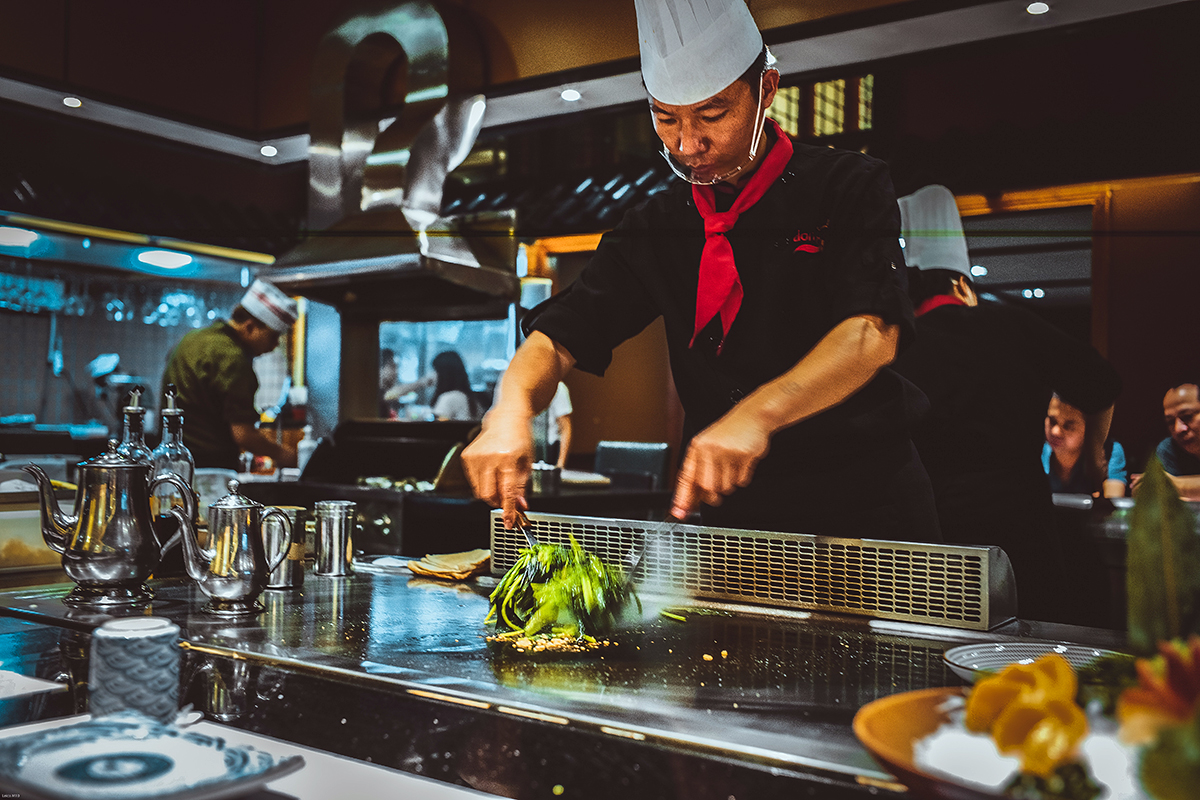Mention “sustainability” and most people automatically think “tree-planting.” For businesses, there’s a misconception that it’s synonymous with corporate social responsibility. But it’s so much broader than that, says Harris Guevarra, president and CEO of Drink Sustainability Communications, a communications agency that focuses on helping businesses embed sustainability into their practices.
“It’s a strategic business mindset, [and] a creative strategy that aims for improved margins with tightened spending.”
Guevarra even goes so far as to call it “the language of 21st century business.” That is, a company’s success these days shouldn’t be measured by just its financial standing but by its social performance and environmental impacts as well. This applies to businesses both big and small. Restaurants and food brands can even use sustainability as a growth driver.
The business case for being sustainable
Simply put, sustainability means addressing present needs while safeguarding future generations’ ability to meet them.
Sustainability reporting—which is similar to financial reporting but covers a company’s wider economic, environmental, and social impacts—isn’t yet required in the Philippines, but Guevarra says that several top corporations already practice it and that the Securities and Exchange Commission might release a draft guideline sometime next year.
But beyond any mandatory reporting, Guevarra points out three reasons why businesses should give sustainability some serious thought.
“First, it makes perfect business sense,” he says.
A company’s success these days shouldn’t be measured by just its financial standing but by its social performance and environmental impacts as well. This applies to businesses both big and small.
Take shutting off the office air conditioning by 5pm, for instance. It impacts the environment by saving energy, contributes to the company’s financial performance by lowering electricity expense, and has a social impact as well by encouraging employees to maximize their working hours and go home on time.
Second, it increases employee engagement, especially if your employees are millennials. This particular generation is known to gravitate towards work that they deem meaningful or is aligned with their advocacies, one of the biggest of which is caring for the environment, Guevarra says.
“Small businesses, for instance restaurants, their employees are mostly from younger generations. So [I encourage them to] start the conversation about [sustainable practices]. Talk to them, ask them if they think it’s okay to stop using straws in the restaurant, for example. And most of the time, they like the idea. So that way, it improves your employee retention and engagement.”
Third, customer-facing businesses, such as those in the food and beverage industry, have a lot to gain by promoting sustainability. Guevarra says this is also because a big chunk of their market is made up of millennials who are some of today’s highest spenders and who tend to patronize brands that value the same things they do.

Embracing the principle
Guevarra outlines several ways for food businesses to become more sustainable.
One, “follow nature,” he says. “Cook what’s in season… It would come out cheaper for you, and it’s a chance to be creative with your menu.” It also helps to use local ingredients, he adds.
Two, as much as you can, “grow what you can grow, inside or outside your kitchen.” Food waste from the restaurant can even be used as fertilizer.
Three, “partner with a sustainable supplier.” Guevarra says this can take the form of farm-to-table initiatives, which many in the industry are already involved in.
He adds, “If you take care of an association of farmers, you could talk to them about the right farming techniques, give them scholarships… Imagine if someone like Jollibee does that.”
Finally, “go beyond the food.” Guevarra believes that sustainability can be embedded into the whole value chain of a restaurant, even all the way to the staff uniforms, and the kind of tiles and light bulbs installed. “If it fits your brand, maybe you can use reclaimed wood,” he says.
He also points out that sustainability reporting isn’t just for corporations. “[For a restaurant], your report could be your menu or your placemats,” which could tell customers things like where you source your ingredients, or how much electricity you use in a month.
Take shutting off the office air conditioning by 5pm, for instance. It impacts the environment by saving energy, contributes to the company’s financial performance by lowering electricity expense, and has a social impact as well by encouraging employees to maximize their working hours and go home on time.
Will it make food more expensive?
Guevarra concedes that, right now, food that’s produced sustainably tends to be pricier than food that comes from the typical production chain.
This is because all of the food that we consume is “part of a larger business chain,” he explains. “Raising chickens in a more sustainable environment requires more capital. The same goes for sustainable farming and fishing.”
The good news is, the solution lies within the problem itself. Because food production is a large, integrated chain, costs could go down if more people support sustainably made products. “The effects will be felt financially by restaurants, their suppliers, their suppliers’ suppliers, up to the farmers and communities,” he says. This is why Guevarra believes that the message of sustainability needs to be amplified.
And by cooking up creative ways towards business sustainability, food entrepreneurs can help drum up support for sustainably made food and, hopefully, make these accessible to everyone, even those who haven’t planted any trees lately.
Subscribe to our weekly newsletter to receive all the tools and solutions entrepreneurs need to stay updated on the latest news in the industry





